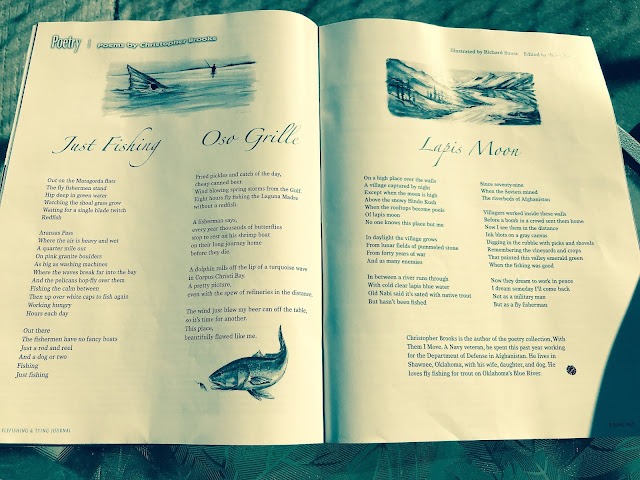 |
Afghan Rose
photo by Jesse O.
|
She whispered,
“Frosted petals, winter
linens.
Barnwood lining, cream quality.”
An Afghan rose pushes the sky one last
time,
burdened by water.
Taos memory,
Muse of the
Southwest.
Pilgrimage cemetery in the park.
Penitente heart, penitente wind
crying
in a cottonwood grove.
Bark magnetized,
toothy taste for the gods.
Dog’s collar, bleached white bones.
Disco dance under broken bourbon glass
trinkets
and tin,
spinning
slivers of silver December light.
Icons of yarn and nip,
paperback strips
stuck in the sweet grass.
The sky windblown gray.
Solar radio (101.9) hum,
a cougar crosses the sidewalk
looking for water.
Old man's face a walnut
or cottonwood bark.
Old Man
River cold and low
but the water boils from a skinny dipping spring.
“A
Love Supreme”.
Her voice, the
cat’s meow, the Red River
falling above Questa. Up canyon, pine
bough strings strum. Her wind sings. His colorless dreams, white on black. Snow falls on great-grandmother’s raven coat.
He prayed the snow would kiss desert lips in December. Prayer answered. High on the mountain -
nieves penitentes pointing dead fingers to the noonday sun.
His Russian pocket watch
keeps no time.
Just to remember this place by.
The vulgarity of
clocks,
burden of drifting time,
heavy as water.
Over yonder in Kabul skeletons creep to the radio tower. Refugees
returned with nothing on their backs but sacks of adobe bricks. Nothing but the poppies grow, this dreadful drought. Someday the rain’s gonna fall, washing them all back
down. Bricks, bones, riverbed clog.
They speak our language but
we can’t speak theirs. They sound so different but they all look the
same. Disposable clothes.
American hoodie hegemony.
Solar radio on the high plain then descent into faint metallic static of cutbank
shadows, the white noise of flowing
water and fog running low. A magpie
sings to her lover undercover canopy of cottonwood, tail above nest. Water low before the melt, river grass still except for a single
blade twitch. Cutthroat trout.
Afghan boys stacking sand
bags all day.
Ugandan guards, Kalashnikovs
slung like gunmetal guitars.
The
insider threat is real
as he smokes the
Serbians dance
to his Texas country
blues.
Sun shining, nose red,
tobacco
cowboy's rough
as the lizard boots he’s wearing.
Thanksgiving came and went. It should be his favorite holiday,
but like attending mass it comes with a sense of irony. His favorite days
are all those in-between, forgotten by history’s economic calendar, like
today. He feels irony about Christmas although different. But this year Christmas bourbon, sleeping bag on the patio, sparrows in the snow. O he’ll never forget to hang the lights
again.
Every evening a pinch of
Afghan dust to the wind. Looking down at
all the layers between. Pretty soon all he’ll
have to do is look to the west as the sun sets.
This is the end, he’s leaving. On a high desert plain framed by blue mountains, a beginning.








































